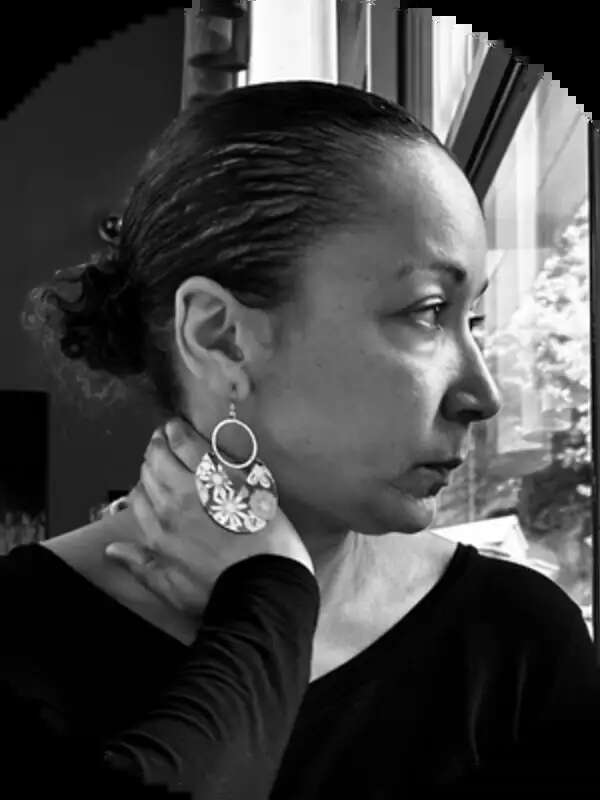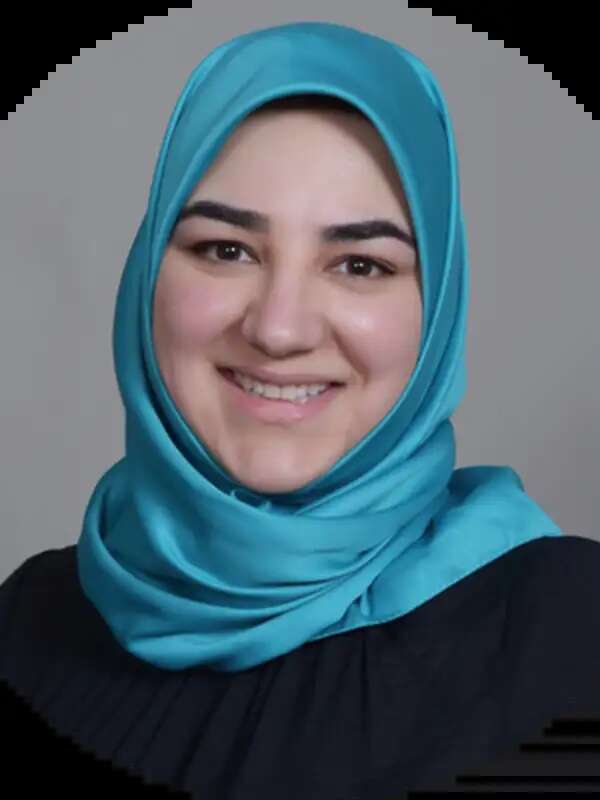
Diversity in Computing: Dr. Casey Fiesler on Ethical Tech
The Barnard CSC is excited about our second Diversity in Computing Speaker, Dr. Casey Fiesler, Assistant Professor of Information Science at University of Colorado Boulder.
Missed this talk? Watch it here on our Youtube Channel!
Three Lessons Towards Ethical Tech
Hardly a day passes without a new technology ethics scandal--from privacy violations on social media platform to biased algorithms to controversial data collection for training facial recognition systems. In computing practice and research, good intentions sometimes still lead to negative consequences. This talk describes three lessons from my research that inform ethical practices in studying, building, and teaching about technology: (1) empirical work towards best practices for research ethics in data science, including understanding possible harms from data collected without consent; (2) ethical debt (as a parallel to technical debt) in technology design and research as the precursor to the types of unintended consequences that underly ethical controversies; and (3) the importance of empowering everyone to not just create but to critique technology.
Casey Fiesler is an assistant professor in Information Science (and Computer Science by courtesy) at University of Colorado Boulder, as well as a Fellow in the Silicon Flatirons Institute for Law, Technology, and Entrepreneurship at University of Colorado Law School. She researches and teaches in the areas of technology ethics, internet law and policy, and online communities. Her work on research ethics for data science, ethics education in computing, and broadening participation in computing is supported by the National Science Foundation, and she is the recipient of an NSF CAREER Award. Also a public scholar, she is a frequent commentator and speaker on topics of technology ethics and policy, and her research has been covered everywhere from The New York Times to Teen Vogue, but she's most proud of her TikToks. She holds a PhD in Human-Centered Computing from Georgia Tech and a JD from Vanderbilt Law School.
As part of the Year of Science @ Barnard College, the Vagelos Computational Science Center (CSC) is excited to announce our first Diversity in Computing Speaker Series. This series will run for the 2021–2022 academic year and will feature talks from scholars and practitioners in computational fields who explore what DEI (diversity, equity, and inclusion) looks like in STEM.
There is an urgent need to more fully consider the ethical and social implications of computing and its applications: for example, in designing addictive social media platforms or in using AI for facial or name recognition, which can lead to housing discrimination, racial biases in job hiring, or restrictions on personal freedoms through public and private surveillance.
To better understand how to counter these biases, this series rethinks STEM disciplines from the inside out. We invite one leader in a STEM field every month to speak about the work they are doing to diversify and broaden inclusion in their fields by either sharing their research, their experiences and initiatives in industry or academia, or their thoughts on how power structures within computing disciplines should be transformed to create more equitable systems.
For more information about the Barnard CSC, go to https://www.csc.barnard.edu or follow us on Instagram and Twitter (@barnard_csc), and Facebook.
This talk will take place online. A Zoom link will be sent to registrants shortly before the event.
